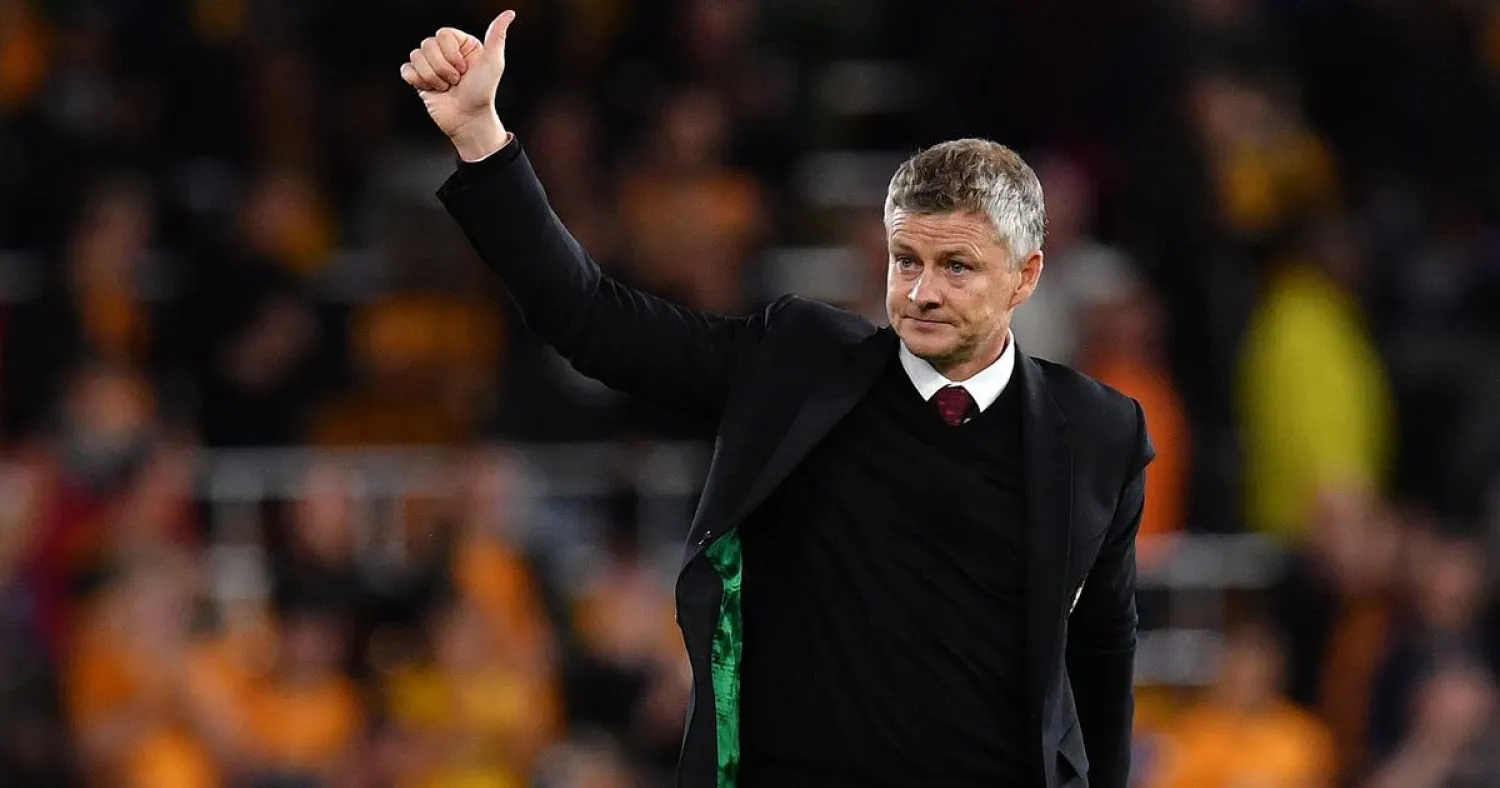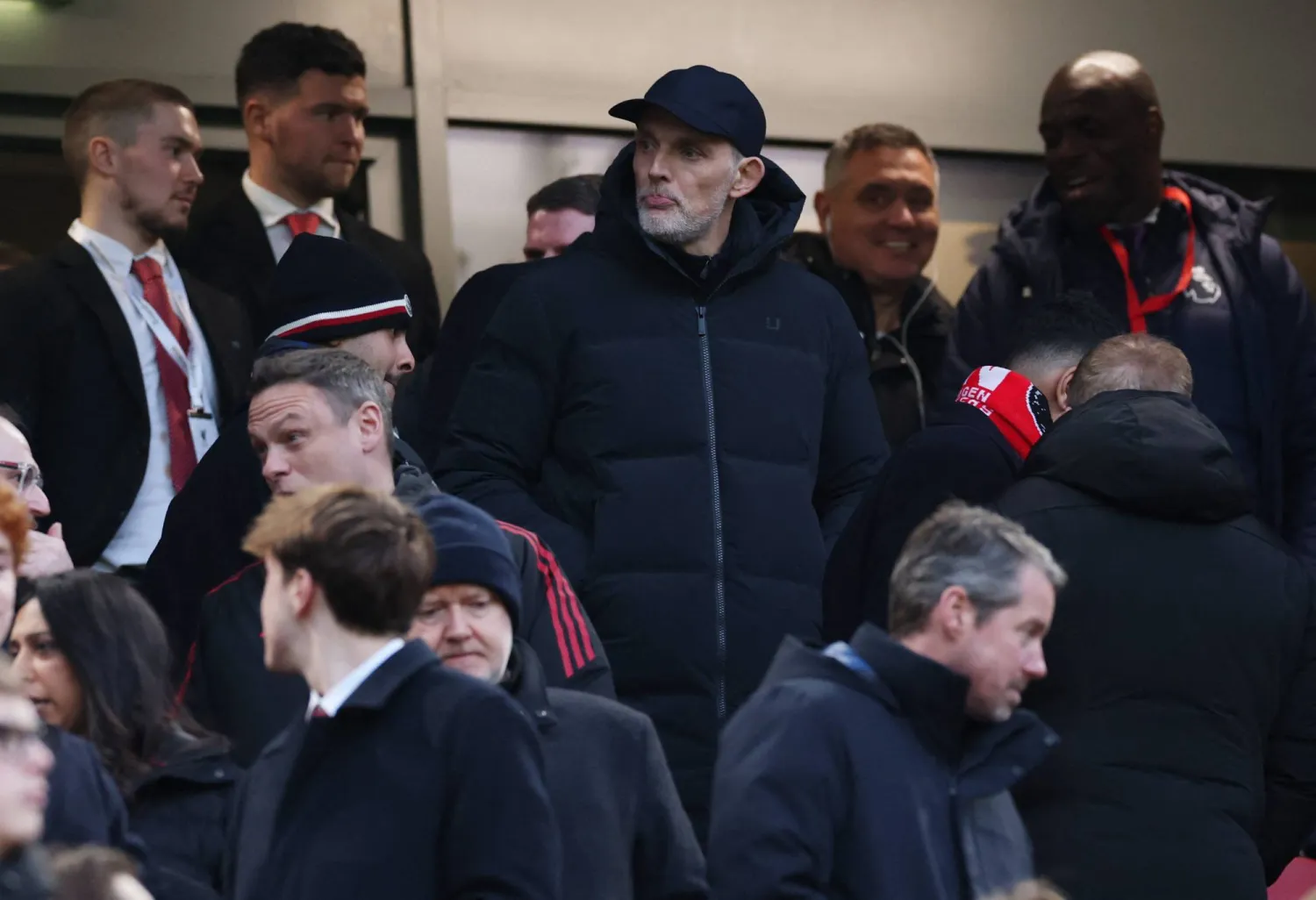In Manchester United’s opening two games Ole Gunnar Solskjær has shown the ruthlessness required to successfully transform the side.
The manager is ushering in a vibrant core who made his XI against Chelsea on the opening day the youngest of the weekend – at an average age of 24 years and 227 days – and that mark was lowered to 24 years and 173 days at Wolves on Monday.
This illustrates a determination from Solskjær to go his own way. The ability to man-manage will be tested because a policy of putting team before egos means the headline victims are the center-backs Phil Jones and Chris Smalling, plus the midfielder Nemanja Matic, all senior players.
Solskjær could not find even a place on the bench for Jones and Smalling for the 4-0 win against Chelsea or 1-1 draw at Molineux. Their demotion occurred after Victor Lindelöf and Harry Maguire started, which meant a drop in status to fourth and fifth choice, as the 21-year-old Axel Tuanzebe was preferred by Solskjær as the backup central defender in the matchday 18.
The manager’s move comes after Jones and Smalling agreed new contracts last season. The latter’s was extended to 2022 with an option for a further year, meaning Smalling in theory will be a United defender at 34. Jones’s deal runs to 2023 and also has a 12-month extension clause, so he will be 31 when the terms end.
Whereas Smalling’s deal was agreed three days before José Mourinho was sacked last December, Solskjær was in charge when Jones signed on again, though this may have been a fait accompli for the then caretaker manager. Clear, though, is how, as the permanent manager, he has acted decisively regarding his view of a pair who have a collective 17 years at the club. And when Eric Bailly returns from his latest knee injury Jones and Smalling may be marginalized further.
Bailly is – alongside Maguire, Lindelöf, Smalling, Jones, Marcos Rojo and Tuanzebe – one of seven central defenders that, Solskjær conceded before the trip to Wolves, are “too many to keep happy”.
With the continental transfer window open until early next month Solskjær will hope to prune at least one but even this would leave six players for the two center-back places with which he plans to operate in most matches. Rojo, 29, has previously come close to leaving and may go, as might Matteo Darmian, a full-back who is the same age and has been on the verge of departing during the past three summers.
Matic is another former automatic choice who has a fight on his hands, as Andreas Pereira, 23, and Scott McTominay, 22, move ahead of him. At 31 Juan Mata is the same age as the Serb, and Ashley Young, the club captain, is 33. Of the trio only Mata made an appearance in the opening games, as an 86th-minute replacement at Wolves, Matic being an unused substitute for each, with Young on the bench at Molineux.
At 26 Fred is no veteran but finds himself in a similar scenario: left out of both 18s and, as a midfielder, relegated to fifth choice behind Paul Pogba, McTominay, Pereira and Matic.
Alexis Sánchez is 31 in December and yet to feature and Solskjær will be relieved should the misfiring forward’s proposed move to Internazionale occur.
If the average age of 30 of the quintet of Jones, Smalling, Mata, Matic and Young is one reason for them facing bit-part roles, another is that – Mata apart – none is an ideal fit for the Solskjær’s fast, pressing style. Yet all could start grumbling if no real match time is enjoyed, and Solskjær has a squad of 28, which is five outfield players too many. Keeping those moved to the outside onside will be a challenge.
After the 4-0 humbling at Everton in April the manager said: “I’m going to be successful here, and there are players here that won’t be part of that successful team.” This seemed to indicate a removal of dead wood during the close season yet by the time the domestic transfer market finished it had not happened. This led to criticism of Solskjær, who was viewed as being a soft touch by not acting as he had claimed he would.
In his team selection so far Solskjær has proved his words at Goodison Park were not hollow. When Crystal Palace arrive at Old Trafford on Saturday expect him to send out another fresh-looking side.
The Guardian Sport









